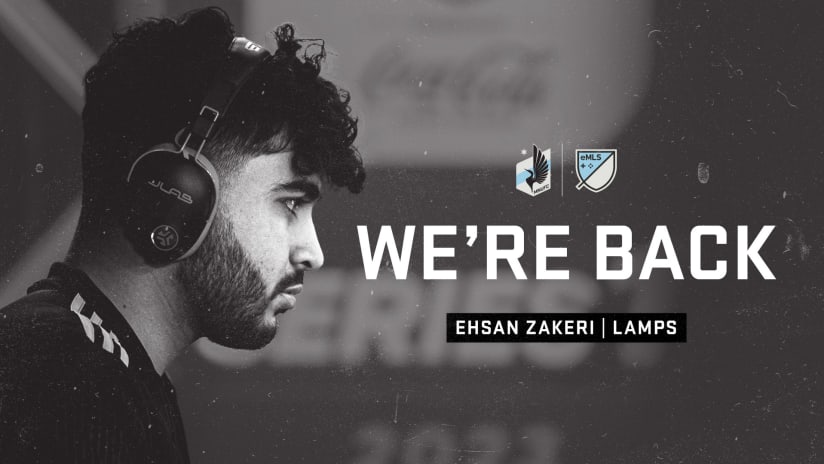In the olden days — let’s call it, say, 1992 — the way you got into a sport was going to a game or maybe through watching SportsCenter. You rooted for your local team or the one that your parents rooted for where they grew up. Life was simple. And then fantasy sports and FIFA video games became a thing, and everything changed.
When FIFA International Soccer came out for the Sega Genesis in December of 1993, it was a major step forward for soccer video games, which tended to be top-down or side-view affairs. FIFA brought an isometric perspective, improved player animations, a reactive crowd and slower, more simulation-focused gameplay to what was heretofore a genre dominated by an arcade approach to the beautiful game. Sure, the players for the international teams represented were fictional, and the “League” mode was actually just a double round-robin tournament, but it was an important first step toward the kind of deeply immersive player experience you can experience today in FIFA 18.
Although the start of fantasy sports is a little harder to peg — given that people were playing it with pen and paper long before computers — there was definitely a boom that came along with the widespread use of the internet, including when Yahoo added fantasy sports as a free service in 1999. Today, it’s everywhere, including MLS’ own fantasy game, which manages to be both easy to get started with and challenging to do well.
What both FIFA and fantasy afford you is the chance to broaden and deepen your knowledge of soccer through a personal investment. Both forms of entertainment will have you delving into numbers in the form of stats or ratings as you look to find the perfect piece to complete your squad. Whether it’s for that upcoming double-game week (or DGW as sites like MLS Fantasy Boss call it) or FIFA’s Ultimate Team mode, you’ll be looking at secondary sites and spreadsheets in the hopes of eking out a competitive advantage.
As you do, you learn about players you might never have learned about. In FIFA, you get the chance to play with household names like Pele or Maradona but also to form an attachment to players that newcomers to the sport likely don’t know like Lev Yashin or Henrik Larsson through the Ultimate Team mode. And then there’s the appeal of building your own roster in the game’s career mode. Whether you gun for the superstars or try to find value on the fringes, you’re likely to learn about some players you might not have heard of.
In fantasy, it might be Sporting KC’s Graham Zusi, who rewarded you with an early investment by increasing his value $6 million over the season, or the Red Bulls’ Brandon Wright-Phillips, who didn’t see many MLS minutes early while RBNY was competing in the Concacaf Champions League, but has since exploded for nine goals on the season and a share of second place in the Golden Boot race.
When they work like this, getting into the game through playing FIFA or fantasy is a terrific inducement to watch matches you might normally pass over. Getting into a sport can be daunting, especially given that watching sports is often a social activity. You want to feel knowledgeable and it can be awkward when you feel like you don’t. A lot of being a sports fan — for good or ill — is about having Opinions, and both FIFA and fantasy can give you a mechanism for developing your sense of the game.
But there’s a downside to it as well. Both these pursuits involve an unavoidable element of commodification when it comes to the players themselves. They can both promote a viewpoint that players are little more than an agglomeration of stats that either help or hurt you personally when they’re on your team. It can lead to a narrow viewpoint that believes the only thing standing between a real-life team and a championship is the right player, and it neglects the roles that chemistry, personality, consistency and all the other messy, unquantifiable aspects of life bring to the table. It can be easy to neglect the “fantasy” part of fantasy sports, or to forget that FIFA is a faithful simulation, but a simulation nonetheless.
What both FIFA and fantasy affirm is that a fan is not something you are or aren’t. Being a fan is a journey, with many ways to begin and even more ways to proceed. Whatever pulls you closer also pulls you forward, and the value is never strictly in the wins and losses — whether those are in your fantasy league or against other people in Ultimate Team or even on the pitch itself on a Saturday evening. Fantasy sports and FIFA are invitations to the sport itself and gateways to an entire culture, so don’t just stop at the edge. Get into it, and let yourself get pulled along.





